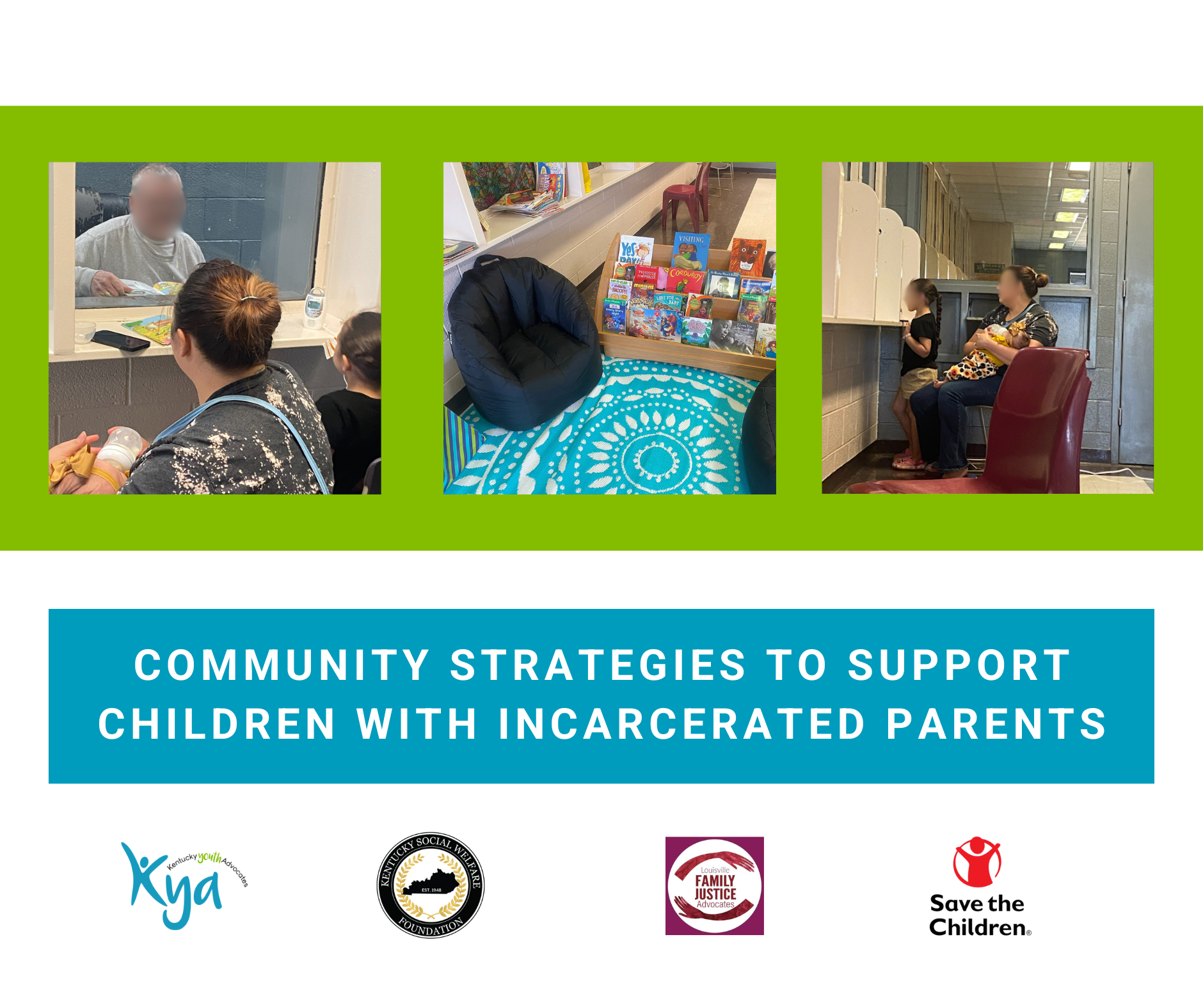 This post originally appeared as an op-ed in the Courier-Journal on January 13, 2016. Read it online here.
This post originally appeared as an op-ed in the Courier-Journal on January 13, 2016. Read it online here.
My wife and I share over a half century working in public schools. I am a graduate of a Kentucky public school, as are our three sons. And Judy and I are glad that all five of our grandkids are public school students. In other words, I come at educational issues with a clear public school bias.
However, I must admit that I do not understand the dissonance around charters. High-quality public charter schools are a win-win-win-win. Charters are a win for parent choice – for teacher leadership – for community engagement – and, most importantly, for kids.
Whether during the 2015 governor’s race or now as the 2016 General Assembly gets under way, we hear important discussions about the pros and cons of bringing public charter schools to Kentucky. I continue to be baffled that the public charter conversation is characterized by partisan dissent in Kentucky as that is certainly not the case nationally.
There are few issues around which our 42nd, 43rd and 44th presidents agree. The fact that Presidents Clinton, Bush and Obama all see charters as a win for the economy, for families and for young people should send a compelling message to Kentuckians.
So why is there such a divide on this issue in the commonwealth when public charter schools are such a common sense and established option for kids who need alternatives to traditional public schools?
The major barrier is extremism from both proponents and opponents of charters. Defenders all too frequently describe charters as a simple and singular silver bullet. Opponents invariably go on a “house of horror” tour detailing scandals and failures that afflict some charters. Both are right and wrong.
There are charter schools in other states that are working, undergirded by excellent legislation and committed on-the-ground leadership from teachers and parents. And there are charters that are failing kids because of inadequate legislation and/or lack of effective leadership.
So let me be clear – the kind of charter schools Kentucky’s kids need must be driven by a proven national framework.
And what would that framework look like for our commonwealth?
First, we must be unyieldingly clear: Charter schools are public schools. They cannot charge tuition and they must be open to any child who wants to attend. We are talking about public charters being administered exclusively by nonprofit organizations so the threat of privatization within Kentucky is not on the table. Public charters run by nonprofits is a proven model to achieve strong results for children and that should be the only focus in this debate.
We are talking about charters ascribing to the same rigorous accountability standards as do all other public schools in Kentucky. We are talking about charters applying the same professional standards to staff as any public school. In other words, we are only talking about the kind of public charter school model that is already making a positive difference for kids in many other states.
The second barrier is the argument that charters will take money from public schools. By definition, charters are public schools; therefore, that line of attack rings hollow. Just as alternative schools are public schools – and, therefore, are never accused of taking money from public schools – charter schools are another public option to traditional public schools. They – like all public schools – need to be funded in an adequate and equitable manner and they need to be available to all students. Period.
Another barrier we face is “an either-or” mentality, which limits the options that our kids have to succeed. This line of thinking asserts, “You are either for traditional public schools or you are for charters.” It is a straw man argument. We need to strengthen every public school system.
At the same time, if you believe in parental and teacher leadership and if you believe in divergent ways to boost student achievement, then charters are an important added element in supporting kids. I can vigorously argue that supporting quality public charters is, in fact, a means of supporting public education as a whole.
As Kentuckians, we should reject the voices that polarize the issue for their own interests. Instead, lend an ear to the diverse chorus of public charter school advocates, ranging from the Kentucky Chamber of Commerce to civil rights and faith leaders, from national educational innovators to on-the-ground Kentucky groups like YouthBuild.
Kentucky legislators need to put kids – rather than political special interests – first and make high-quality public charter schools a vibrant part of Kentucky’s public school landscape.
Dr. Terry I. Brooks is executive director of Kentucky Youth Advocates.






Great report Terry. Thanks for all you do for our kids & families. Jim